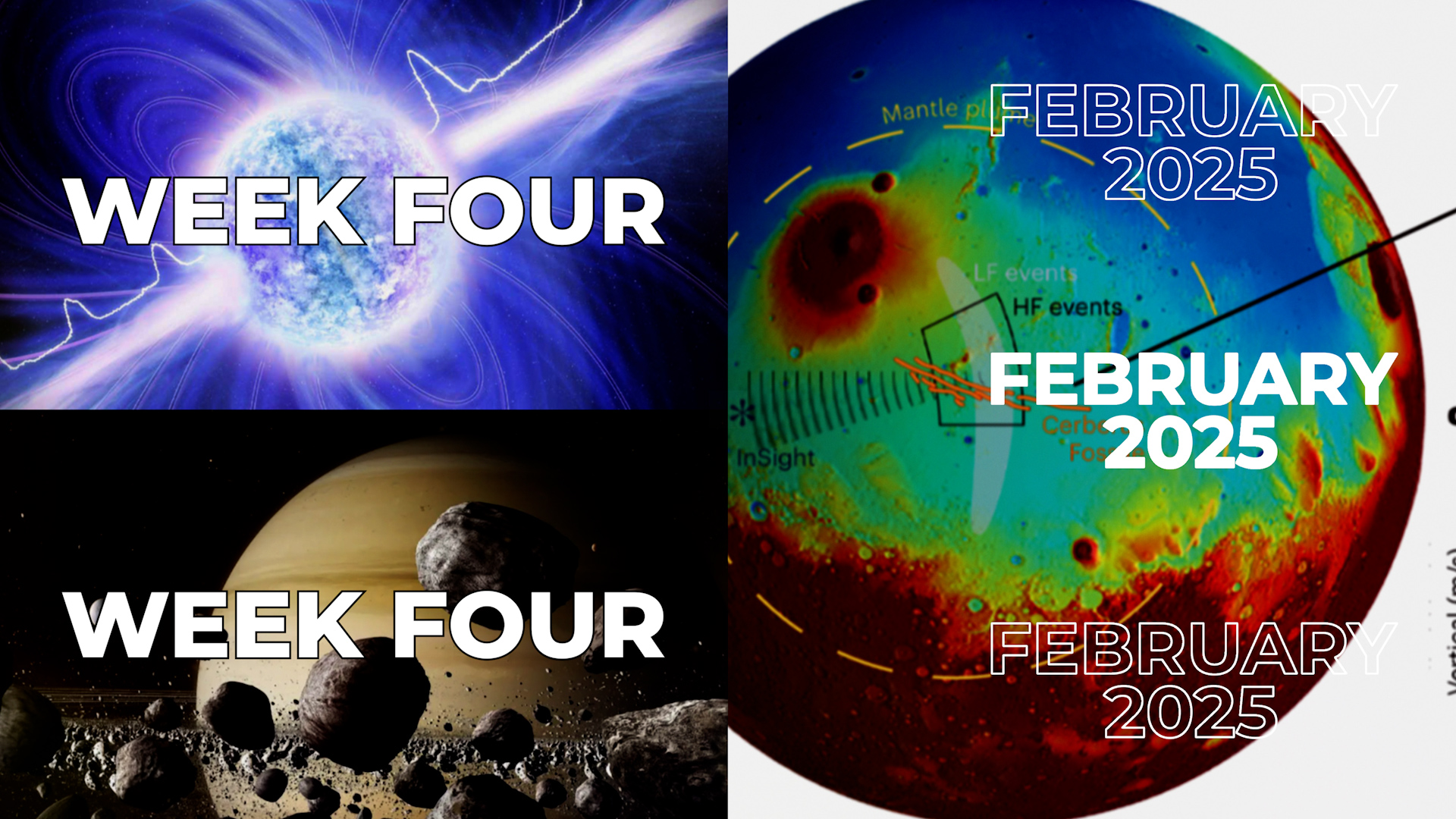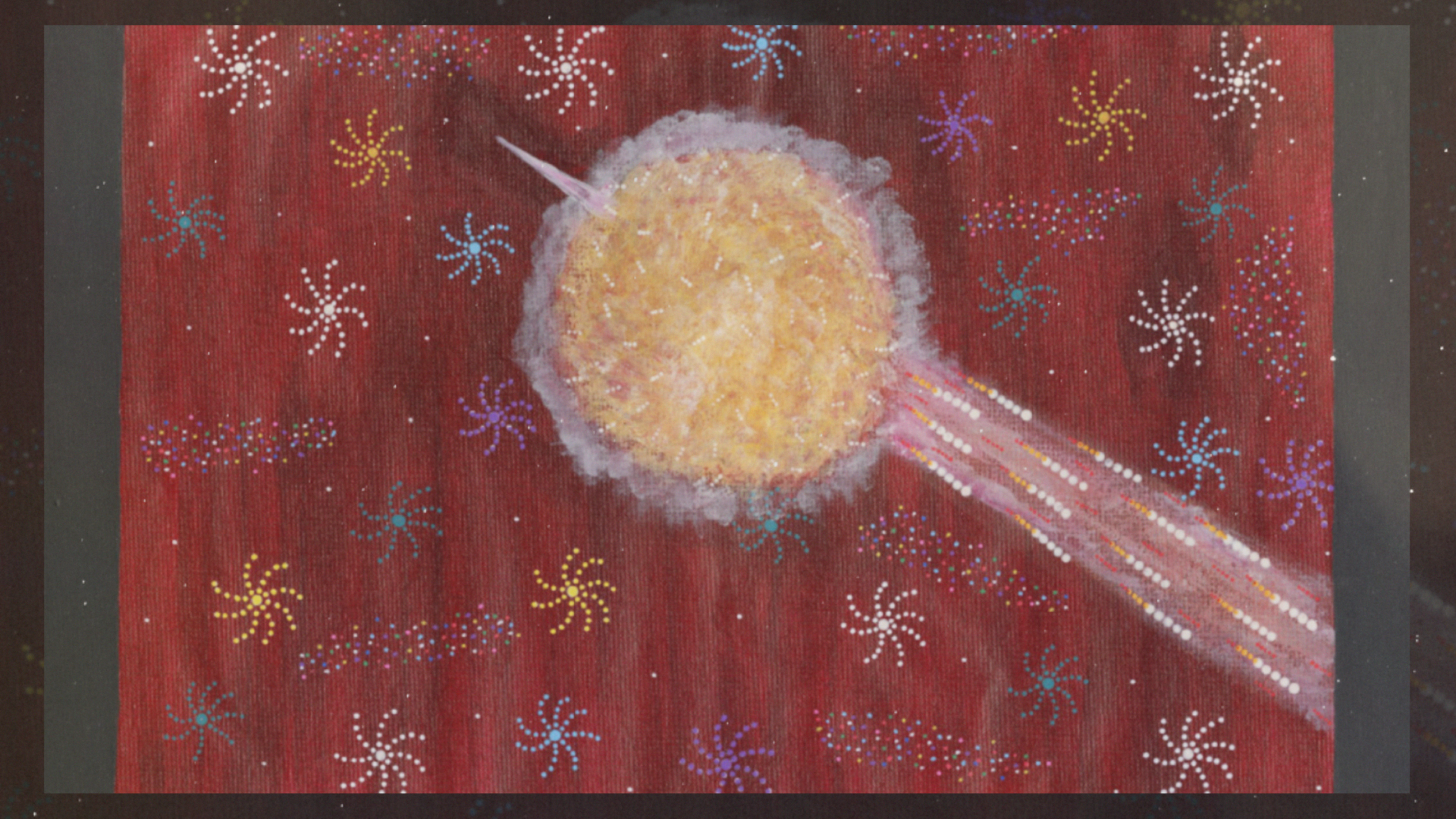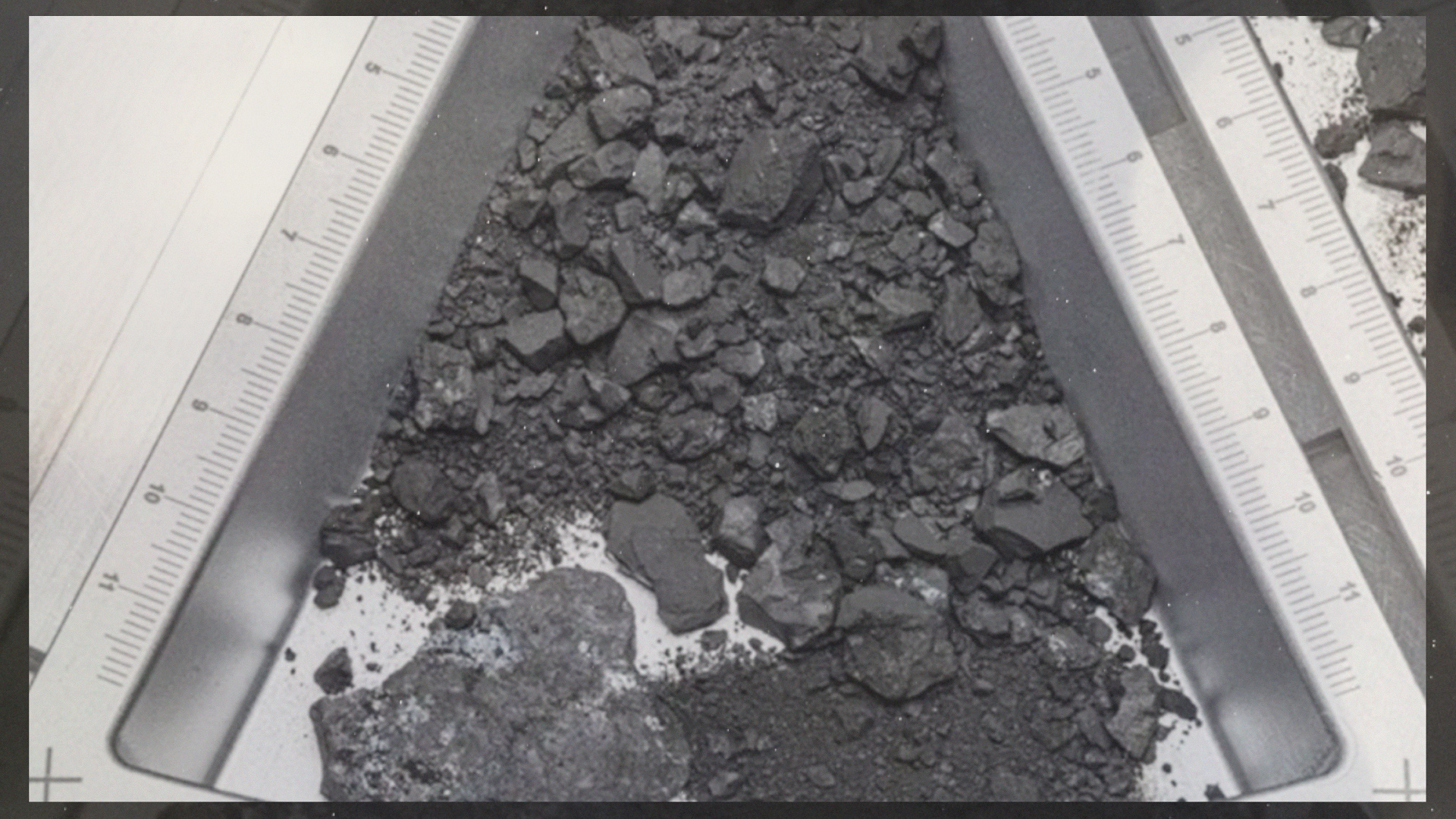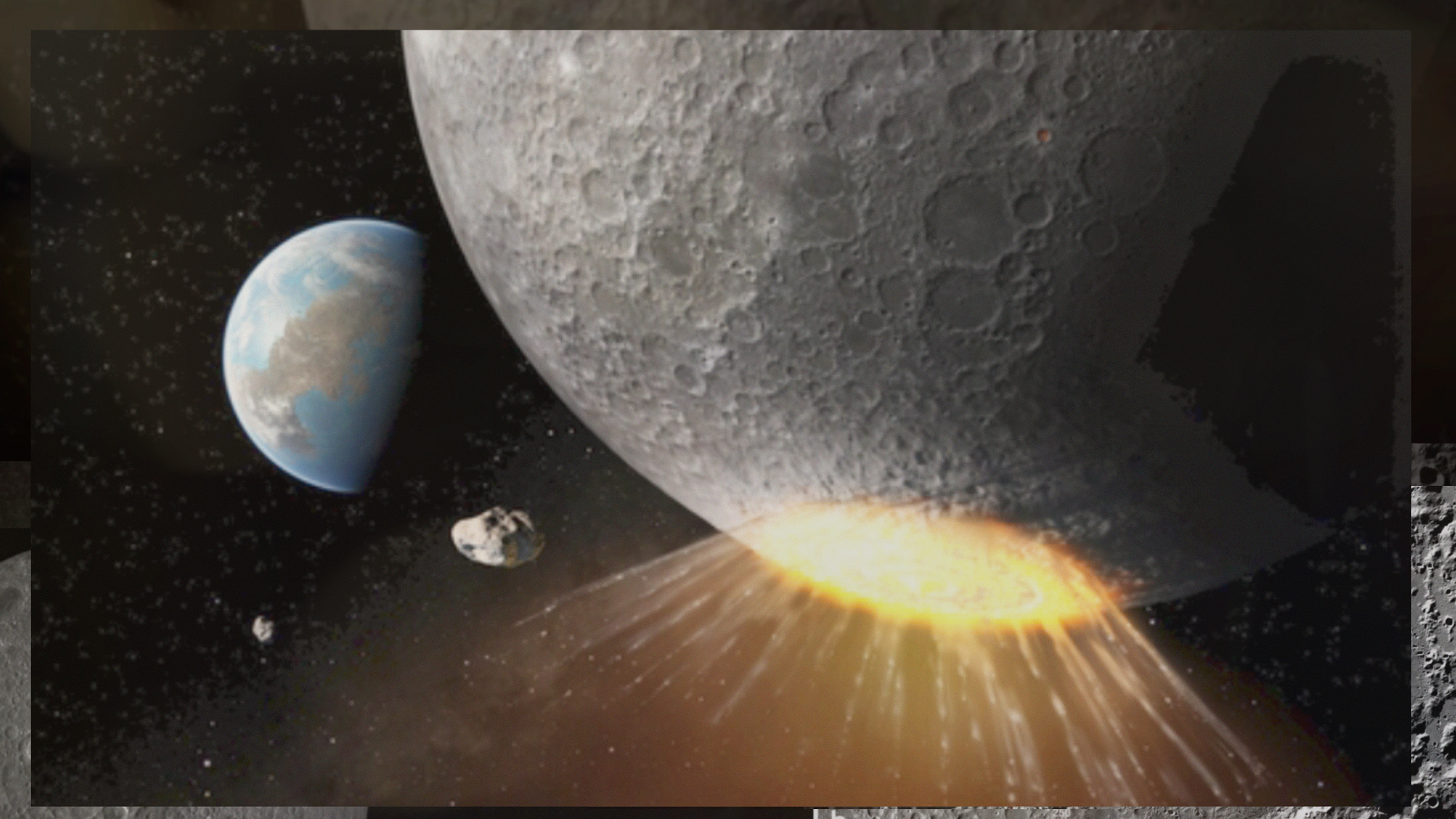Coincided with a significant increase in the oxygen levels in the atmosphere and oceans, according to international researchers who say this may have increased the complexity of life on Earth.
The team analysed the magnetic properties of 21 play jee uh klaze (plagioclase) crystals, a common material in the Earth’s crust, extracted from a 591-million-year-old rock formation in Brazil. Analysis of the crystals showed that, at their point of formation, the Earth’s magnetic field was the weakest ever recorded, and the authors propose that the weakening of the magnetic field may have allowed more hydrogen to escape to space, increasing the oxygen percentage in the earth’s atmosphere, which is believed to have supported the evolution of some of the earliest complex organisms.
Between 600 and 540 million years ago, life on Earth consisted of soft-bodied organisms known as the Ediacaran fauna, the earliest known complex multicellular animals. The fossil record shows that these organisms significantly diversified in complexity and type between 575 and 565 million years ago. Previous research has suggested that this diversification is linked to a significant increase in atmospheric and oceanic oxygen levels that occurred over the same period.












